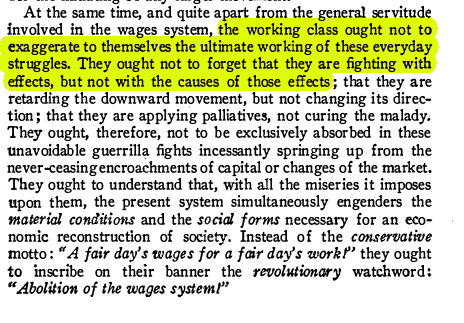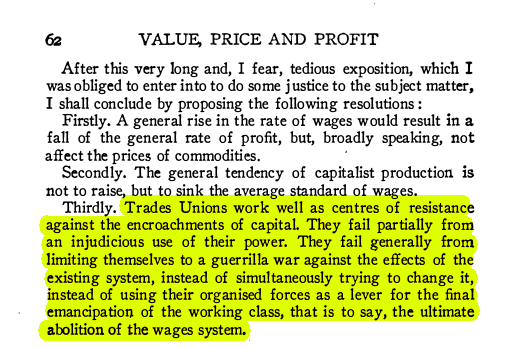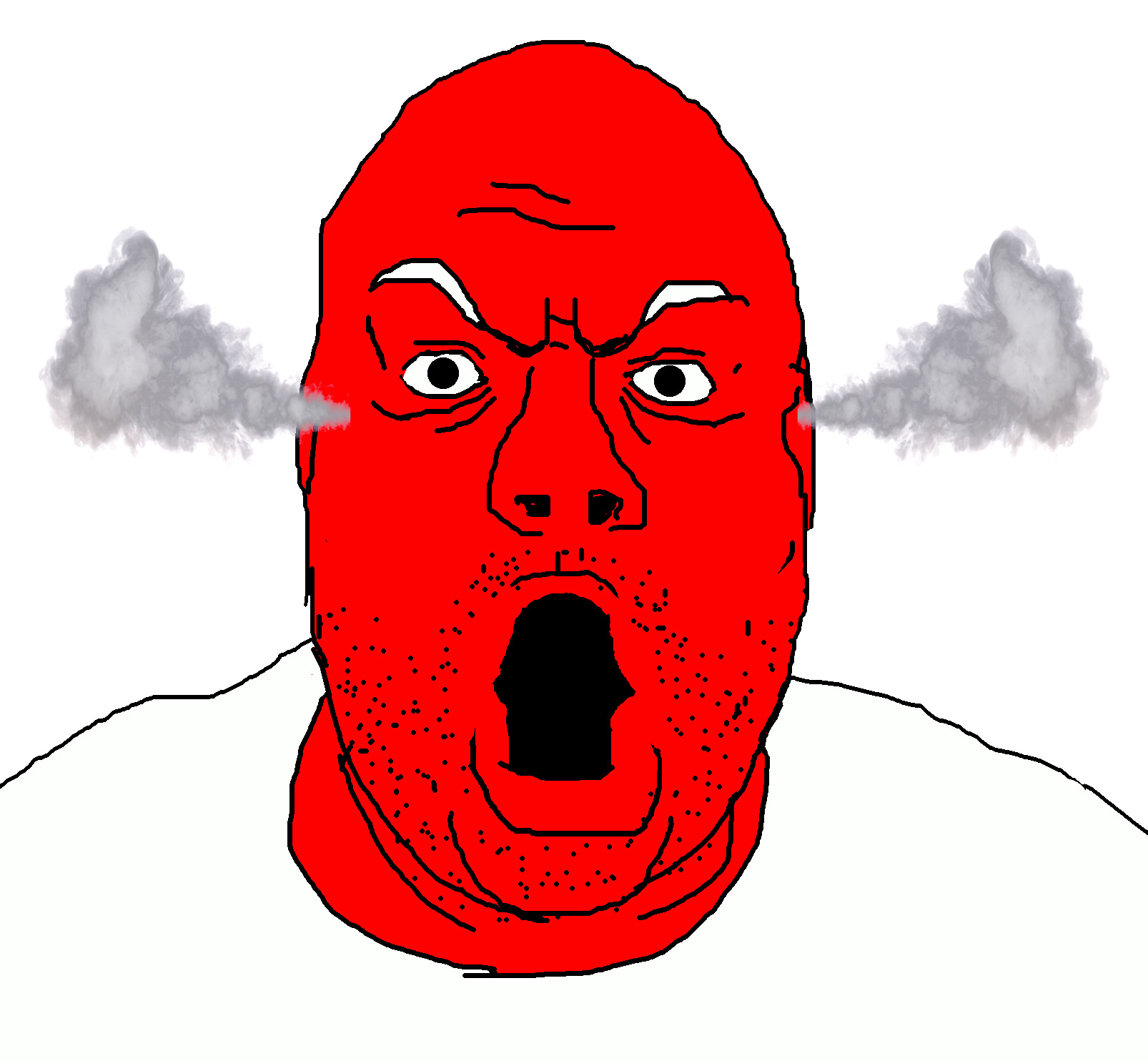you might be a geophysicist but you certainly haven't touched enough grass
Tachanka
I think they were making a more nuanced point that American liberals tend to (incorrectly) romanticize Europeans for supposedly being less conservative (in a purely bourgeois political spectrum). I know you're just rightly calling out American chauvinism, but I don't think the person you're talking to is trying to defend that. American chauvinism takes on many different forms, some of which involve romanticizing European libs.
kerbal space program is true nasapunk 
don't slander a good crustacean academic like this
I've found that the key to tracing a good 'jak is to not give it ears. I went years before realizing they never have ears.
How dare you sir. I have a child. I can't just quit my job and play PS alone until I run out of money!
alone until I run out of money!
spoiler
we shall both play PS5 together 


(we don't have a PS5 lol)
funny thing about the bourgeoisie. All through the 1800s most bourgeois economists were convinced that labor is the source of value in commodities. After all, that is what Adam Smith and David Ricardo thought. Then Marx comes along and takes that fact to its logical conclusion (while adding nuance that it was labor power and not labor, but I digress): Proletarian revolution and the overthrow of the bourgeoisie and the abolition of wage labor and the capitalist mode of production. The construction of socialism. So from that point onwards Capitalists began increasingly inventing and embracing subjective (i.e. useless, non-materialist, non-predictive) theories of value, in order to distance "mainstream" economics from Marxist conclusions. This, coupled with the creation of fictitious capital, leads to them huffing their own farts more often than not, especially during recurring economic crises. Hence, nonsense like NFTs.
seems like a bit account. Like Neera Tanden.
From Value, Price & Profit :


Marx's critique of Trade Unions above also applies to cooperatives.
You're making a hell of a lot of assumptions, both about me, and about the nature of reality.
Prove wages don't cut into profits.
Prove profits don't cut into wages
Prove co-ops don't have to make profits
"The logic of capitalism" is a meaningless phrase.
Private ownership over the means of production, generalized commodity production, industrialization, and generalized wage labor are the logical conditions of capitalism. Explain how this is not the case.
The fact of the matter is that there are existing, successful worker co-ops.
Successful in a capitalist context. Which is an exploitative context. They have to make profit to survive, which means they have to pay workers less than the value of their labor power on average. Read Value Price & Profit. Read Wage Labor & Capital. Read Capital. Read Theories of Surplus Value.
That alone disproves most of your claims that you take as axioms.
Worker-owned co-ops are definitely preferable to the alternative form of capitalist enterprise, but they can only get you so far, just like trade unions. These are tools for slightly alleviating the suffering of the worker in a capitalist context, but they are not the solution to capitalism.
EDIT: Coming back to this a few days later to drop some Stalin:
The most widespread, mass organisations are trade unions and workers' co-operatives (mainly producers' and consumers' co-operatives). The object of the trade unions is to fight (mainly) against industrial capital to improve the conditions of the workers within the limits of the present capitalist system. The object of the co-operatives is to fight (mainly) against merchant capital to secure an increase of consumption among the workers by reducing the prices of articles of prime necessity, also within the limits of the capitalist system, of course. The proletariat undoubtedly needs both trade unions and co-operatives as means of organising the proletarian masses. Hence, from the point of view of the proletarian socialism of Marx and Engels, the proletariat must utilise both these forms of organisation and reinforce and strengthen them, as far as this is possible under present political conditions, of course.
But trade unions and co-operatives alone cannot satisfy the organisational needs of the militant proletariat. This is because the organisations mentioned cannot go beyond the limits of capitalism, for their object is to improve the conditions of the workers under the capitalist system. The workers, however, want to free themselves entirely from capitalist slavery, they want to smash these limits, and not merely operate within the limits of capitalism. Hence, in addition, an organisation is needed that will rally around itself the class-conscious elements of the workers of all trades, that will transform the proletariat into a conscious class and make it its chief aim to smash the capitalist system, to prepare for the socialist revolution.
Such an organisation is the Social-Democratic Party of the proletariat.
This Party must be a class party, and it must be quite independent of other parties—and this is because it is the party of the proletarian class, the emancipation of which can be brought about only by this class itself.
This Party must be a revolutionary party—and this because the workers can be emancipated only by revolutionary means, by means of the socialist revolution.
This Party must be an international party, the doors of the Party must be open to all class-conscious proletarians—and this because the emancipation of the workers is not a national but a social question, equally important for the Georgian proletarians, for the Russian proletarians, and for the proletarians of other nations.
Hence, it is clear, that the more closely the proletarians of the different nations are united, the more thoroughly the national barriers which have been raised between them are demolished, the stronger will the Party of the proletariat be, and the more will the organisation of the proletariat in one indivisible class be facilitated.
Hence, it is necessary, as far as possible, to introduce the principle of centralism in the proletarian organisations as against the looseness of federation — irrespective of whether these organisations are party, trade union or co-operative.
It is also clear that all these organisations must be built on a democratic basis, in so far as this is not hindered by political or other conditions, of course.
What should be the relations between the Party on the one hand and the co-operatives and trade unions on the other? Should the latter be party or non-party? The answer to this question depends upon where and under what conditions the proletariat has to fight. At all events, there can be no doubt that the friendlier the trade unions and co-operatives are towards the socialist party of the proletariat, the more fully will both develop. And this is because both these economic organisations, if they are not closely connected with a strong socialist party, often become petty, allow narrow craft interests to obscure general class interests and thereby cause great harm to the proletariat. It is therefore necessary, in all cases, to ensure that the trade unions and co-operatives are under the ideological and political influence of the Party. Only if this is done will the organisations mentioned be transformed into a socialist school that will organise the proletariat—at present split up into separate groups—into a conscious class.
Such, in general, are the characteristic features of the proletarian socialism of Marx and Engels.
Hasn't really denazified azov though. They gained hero status from it as martyrs and came out of it larger and more visible than before.
This is true unfortunately

yeah the term "wage slave" is certainly an exaggeration that minimizes slavery. I would point out that even Frederick Douglass used the term, but this alone does not legitimize it. It became popular because it's short, to the point, sounds almost poetic (assonance), and gets at the heart of the coercive element of capitalism (you sell your labor power, or you become homeless and starve). But yes, it's certainly not the most nuanced or sensitive thing to say.